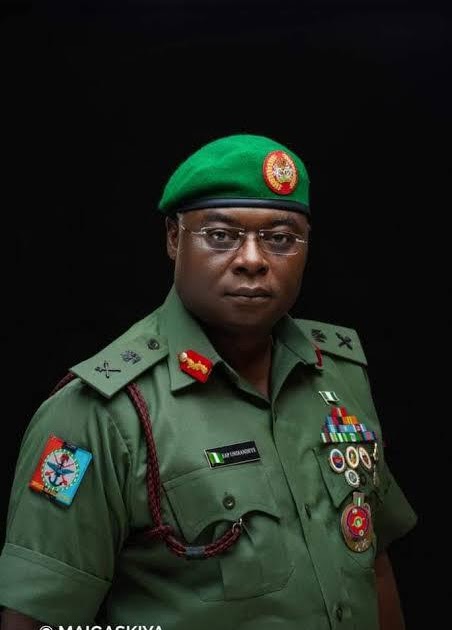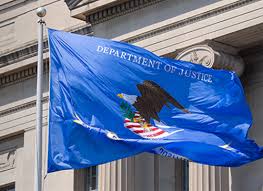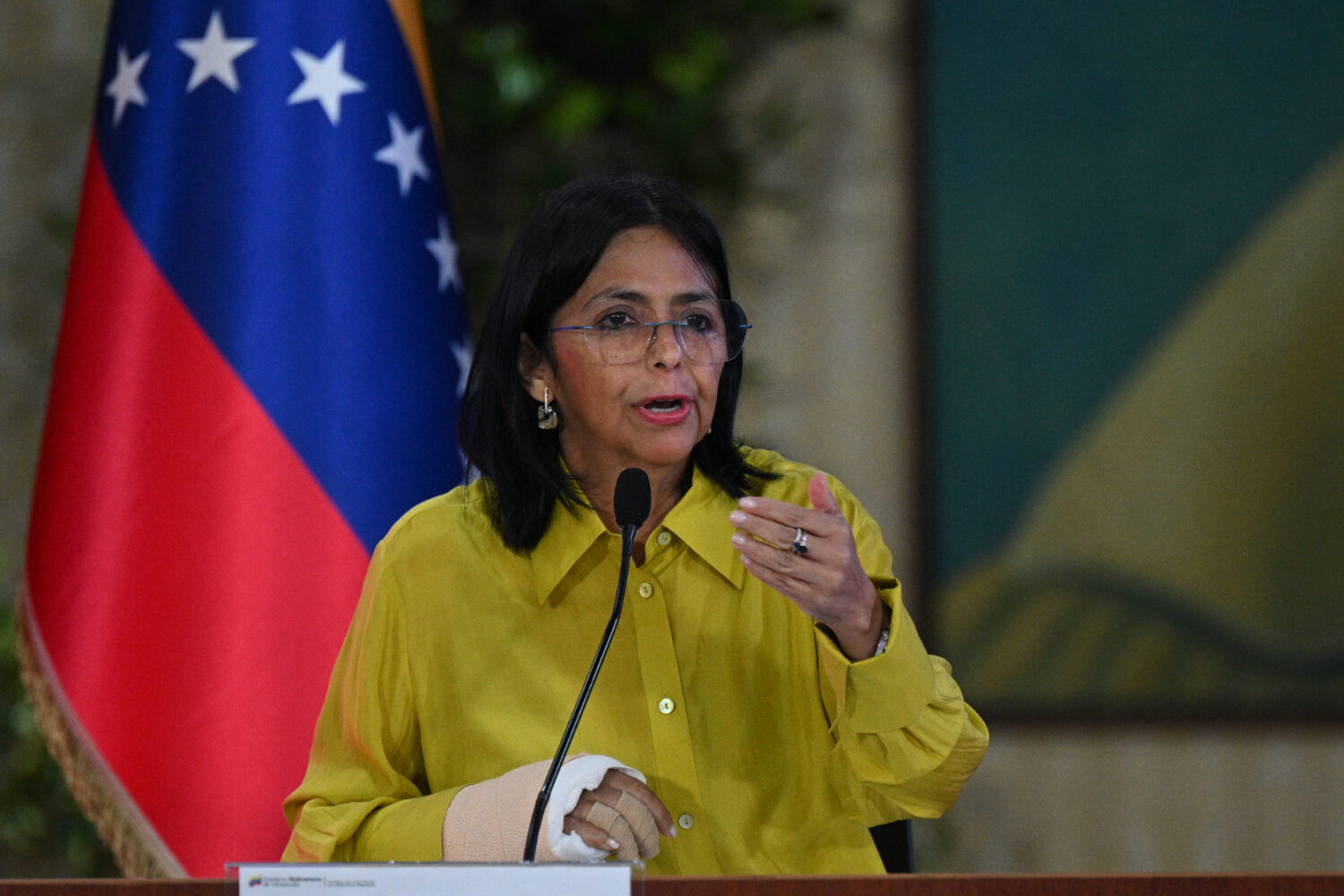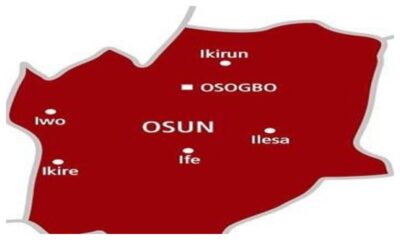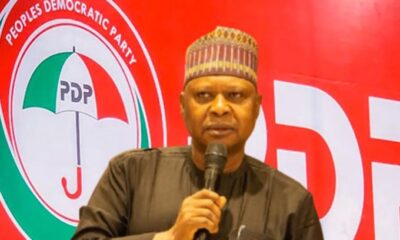The US Justice Department began releasing millions of new pages on Friday from the Jeffrey Epstein files along with photos and videos, adding fuel to the politically explosive case that has dogged President Donald Trump.
Deputy Attorney General Todd Blanche said the White House played no role in the review of the extensive files related to the convicted sex offender, a former friend of Trump.
“They did not tell this department how to do our review, what to look for, what to redact, what to not redact,” Blanche said at a press conference.
The Justice Department said some of the documents being released contained “untrue and sensationalist claims” about the 79-year-old Trump submitted to the FBI before the 2020 presidential election.
But Blanche — who previously served as Trump’s personal lawyer — dismissed suggestions that embarrassing material about the president had been redacted from the more than three million documents, 180,000 images and 2,000 videos being released on Friday.
“We did not protect President Trump,” he said. “We didn’t protect or not protect anybody.”
Blanche said all images of girls and women were being redacted aside from those of Ghislaine Maxwell, who was convicted of trafficking underage girls for Epstein and is serving a 20-year prison sentence.
However, a statement by survivors of Epstein’s alleged abuse claimed identifying information about them still remained in the files, “while the men who abused us remain hidden and protected.”
The letter signed by 19 individuals, some using aliases or initials, demanded “the full release of the Epstein files” and that Attorney General Pam Bondi directly address the matter when she testifies before Congress next month.
A wealthy US financier, Epstein died in a New York prison cell in 2019 while awaiting trial for sex trafficking of underage girls. His death was ruled a suicide.
Previous document releases have shed light on Epstein’s ties to top business executives such as Microsoft’s Bill Gates, celebrities such as filmmaker Woody Allen, academics and politicians, including Trump and former president Bill Clinton.
In a draft email among the documents published on Friday, Epstein said Gates had engaged in extramarital affairs, a claim the Gates Foundation denied in a statement to The New York Times.
“These claims — from a proven, disgruntled liar — are absolutely absurd and completely false,” it said.
In other emails, Epstein connected Steve Tisch, 76, producer of the movies “Forrest Gump” and “Risky Business” and the co-owner of the New York Giants football team, with multiple women.
In one exchange with Tisch, Epstein describes a woman as “russian, and rarely tells the full truth, but fun.”
– Conspiracy theories –
Trump’s right-wing base has long been obsessed by the Epstein saga and conspiracy theories that the financier oversaw a sex trafficking ring for the world’s elite.
Only one person — Epstein’s former girlfriend Maxwell — has ever been charged in connection with his crimes, and Blanche appeared to play down expectations that the latest files would lead to further prosecutions.
Trump and Clinton both figure prominently in the records published so far but neither has been accused of wrongdoing.
A Republican-led House panel voted recently to launch contempt of Congress proceedings against Bill and Hillary Clinton over their refusal to testify before its probe into Epstein.
Trump, who used to move in the same social circles as Epstein in Florida and New York, fought for months to prevent release of the vast trove of documents about the disgraced financier.
But a rebellion inside his Republican Party forced him to sign off on a law mandating release of all the documents.
Trump has given varying accounts of why he eventually fell out with Epstein. He has criticized the file dumps, expressing concern that people who “innocently met” Epstein over the years risked having their reputations smeared.
The Epstein Files Transparency Act called for all of the documents held by the Justice Department to be published by December 19.
Blanche said Friday’s release “marks the end of a very comprehensive document identification and review process to ensure transparency to the American people.”
He blamed the delay on the need to painstakingly carry out redactions that protected the identities of Epstein’s more than 1,000 alleged victims.
AFP
punch.ng
FOLLOW US ON:



